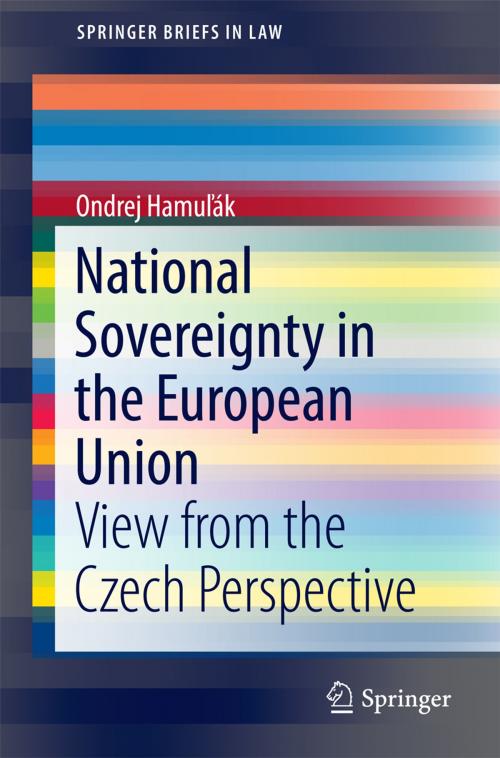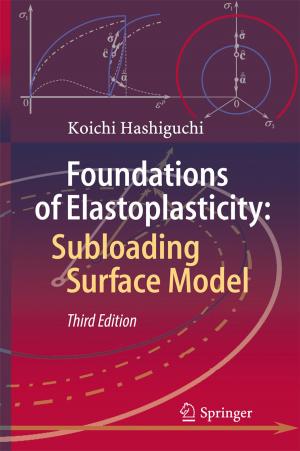National Sovereignty in the European Union
View from the Czech Perspective
Nonfiction, Reference & Language, Law, International, Social & Cultural Studies, Political Science| Author: | Ondrej Hamuľák | ISBN: | 9783319453514 |
| Publisher: | Springer International Publishing | Publication: | September 8, 2016 |
| Imprint: | Springer | Language: | English |
| Author: | Ondrej Hamuľák |
| ISBN: | 9783319453514 |
| Publisher: | Springer International Publishing |
| Publication: | September 8, 2016 |
| Imprint: | Springer |
| Language: | English |
This volume assesses the implications of membership in the European Union for countries’ understanding of the concept of sovereignty, based on the perspective of the Czech Republic. The starting point of this work is acceptance of the Czech Republic’s membership in the European Union as a basic fact. The goal of the analysis presented here is to offer a theoretical approach to reconciling state sovereignty with the participation of the Czech Republic in the European integration project. To do so, the book pursues an in-depth analysis of the reactions of the Constitutional Court of the Czech Republic to the challenges associated with membership in the EU. Above all, it addresses the following two basic research questions:
-
Is membership of the state in the European Union associated with a loss of sovereignty, a sharing of sovereignty, or does it have no real consequences for the scope or understanding of the concept of state sovereignty, such that the phenomenon remains a classical, static and defining element of the state?
-
How does the Czech Constitutional Court deal with the specific characteristics of European Union law and what is its stance on the nature of the relationship between supranational and national law?
This volume assesses the implications of membership in the European Union for countries’ understanding of the concept of sovereignty, based on the perspective of the Czech Republic. The starting point of this work is acceptance of the Czech Republic’s membership in the European Union as a basic fact. The goal of the analysis presented here is to offer a theoretical approach to reconciling state sovereignty with the participation of the Czech Republic in the European integration project. To do so, the book pursues an in-depth analysis of the reactions of the Constitutional Court of the Czech Republic to the challenges associated with membership in the EU. Above all, it addresses the following two basic research questions:
-
Is membership of the state in the European Union associated with a loss of sovereignty, a sharing of sovereignty, or does it have no real consequences for the scope or understanding of the concept of state sovereignty, such that the phenomenon remains a classical, static and defining element of the state?
-
How does the Czech Constitutional Court deal with the specific characteristics of European Union law and what is its stance on the nature of the relationship between supranational and national law?















